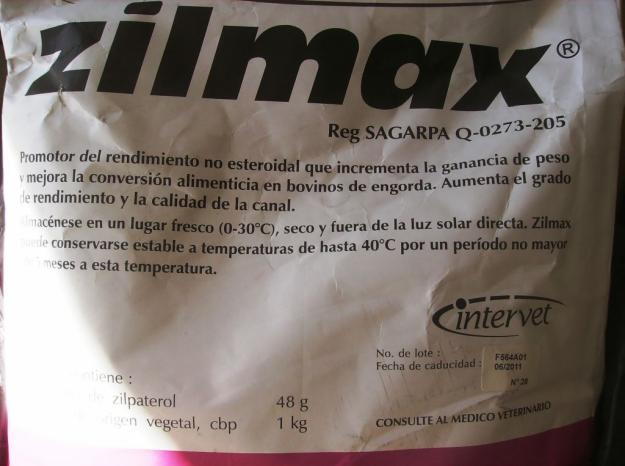
Agricultural News
K-State's Dan Thomson Says Zilmax Not the Culprit of "Fatigue Cattle Syndrome"
Fri, 21 Aug 2015 15:22:34 CDT

Two years ago at the Summer Cattle Industry Conference, there was a feedlot cattle condition that was highlighted by showing cattle suffering from extreme mobility problems, as they were delivered to a packing plant. Some believed the common denominator were beta-agonists, specifically Zilmax. In August 2013, Zilmax was voluntarily taken off the market by Merck Animal Health.
Now it looks like beta-agonists weren't the total problem. That's according to Dr. Dan Thomson, veterinarian and Director of the Beef Cattle Institute at Kansas State University. He has been involved in a study on the "fatigue cattle syndrome". He said the condition was originally found in cattle at packing plants in Idaho and the Pacific Northwest. When these cattle arrived, they were stiff and unable to move and the condition was attributed to Zilmax. Since then, their group has established tests and identified the clinical signs and found several different ways to prevent "fatigue cattle syndrome".
Several universities began to study "fatigue cattle syndrome", including Oklahoma State University, Texas Tech, University of Nebraska and K-State. Thomson said his group looked at stress factors in the carcasses. He said they did a diagnostic analysis and the animals with the syndrome were euthanized. Thomson said they also looked at lactic acid and Creatine phosphokinase (CPK) levels.
"When we have the increase in lactate and CPK, that's when we start to see this syndrome," Thomson said.
Dr. Thomson said beta-agonists are not the single reason for the problem. Other stressors, like cattle handling and transportation were additional stress factors.
"Really, we've shown in cattle that are fed beta-agonists, we can prevent this from happening," Thomson said. "We can cause this syndrome in cattle that have never been exposed to a beta-agonists. That alone is not the cause. It goes back to long term and short term stress. Whether it's heat stress, whether it's transport stress, whether its loading stress, running those cattle in the aisle ways, time of day that we ship, all of these different interactions are what continue to mount different stress responses until the animal exhibits the final clinical signs, which is this fatigue cattle syndrome at the plant."
Click here to listen to the full interview, as Eric Atkinson talks with Dan Thomson of Kansas State University on research regarding mobility issues in cattle.
Radio Oklahoma Network Farm Director Ron Hays featured Thomson on the Beef Buzz feature. Click or tap on the LISTEN BAR below to listen to today's Beef Buzz.
The Beef Buzz is a regular feature heard on radio stations around the region on the Radio Oklahoma Network- but is also a regular audio feature found on this website as well. Click on the LISTEN BAR below for today's show- and check out our archives for older Beef Buzz shows covering the gamut of the beef cattle industry today.
WebReadyTM Powered by WireReady® NSI
Top Agricultural News
More Headlines...




















